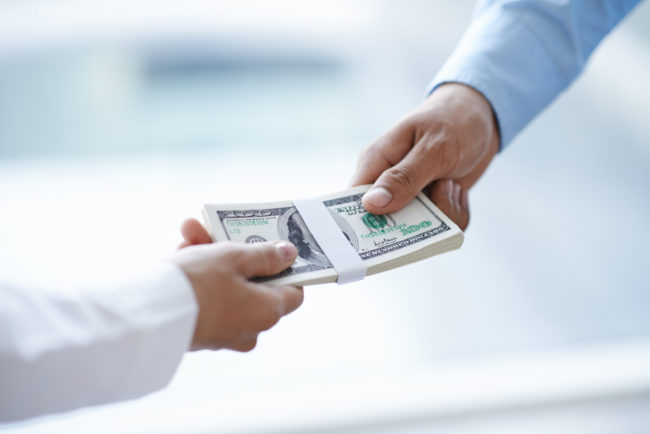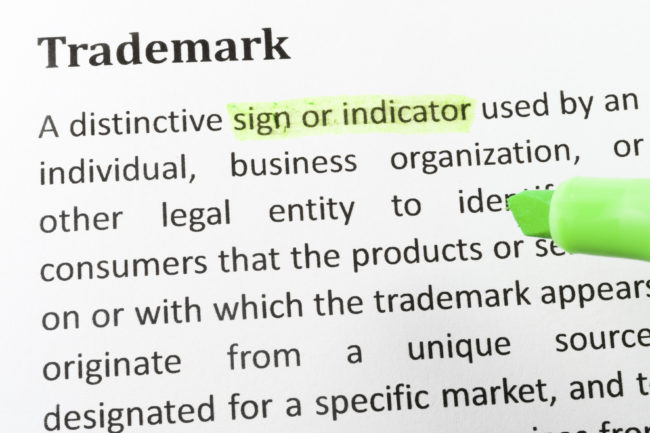In response to the May 14, 2018 Supreme Court ruling which opened the door for states to legalize sports gambling, the National Collegiate Athletic Association (NCAA) released a statement outlining its reaction to the decision. The statement is headlined with support for federal regulation of the sports gambling industry as a “necessary safeguard to the integrity of college sports.” In addition, the NCAA Board of Governors has temporarily suspended its rule prohibiting championship events from being held in states that offer legal sports betting in …
Continue Reading

